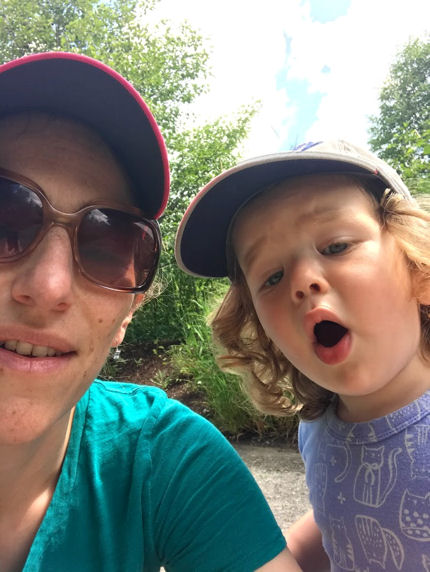Moving Professionalism and Wellness Into the Formal Residency Curriculum

By Arielle Berger, MD, ACP Well-being Champion, Ontario
Professionalism: you know it when you see it, but how do you teach it? We began to answer this question by reviewing the medical education literature to understand how residency programs around the world approach professionalism education. In our systematic review of 50 distinct professionalism curricula in residency, we found that many types of teaching modalities, often small-group discussions and immersive experiences, could indeed improve resident professionalism. 1 However, there is no gold-standard approach, and the lack of consensus around assessment remains a challenge for the field.
Drawing from this literature as well as local expertise (such as our Office of Resident Wellness, the Narrative Medicine Program and the Person-Centred Care Education program), we began implementing a longitudinal professionalism curriculum for geriatric medicine residents (PGY4-5) at the University of Toronto in the fall of 2019. The curriculum is built around the CanMEDS competency framework2 and includes the following sessions:
- Professionalism, commitment to patients: CareAlign—achieving person-centred care through shared decision-making
- Professionalism, commitment to the profession and society: The Social Contract and medico-legal aspects of medicine
- Professionalism, commitment to self: Well-being, resilience and mindfulness
- Professionalism, commitment to self: The physician as self—living from the heart
- Communicator: Advanced communication skills training with standardized patients
- Collaborator: Managing Difficult Relationships
- Collaborator: The science of successful teams
- Leader: Leadership models and knowing oneself to lead others
- Advocate: Stronger Together—Allyship in Medicine
Each sessions aims to equip the learners with concrete skills, whether for practical clinical work or for developing self-awareness and reflective capacity. Although only one session explicitly addresses physician well-being, we embed exercises that can address well-being into all the sessions (including many techniques that we learned from the ACP Well-being Champion program.) We have rolled out six of the above-named sessions, with the remainder planned for the upcoming academic year. The sessions have received excellent evaluations, with an average overall score of 4.87/5.
Work is currently underway to design a formal qualitative program assessment involving resident interviews to understand how these sessions have contributed to their professional identity formation and professional fulfillment and to understand if and how these sessions have contributed to their clinical effectiveness.
We would love to collaborate with other teams involved in similar work.
References:
1. Berger, A. S., Niedra, E., Brooks, S. G., Ahmed, W. S., & Ginsburg, S. (2020). Teaching Professionalism in Postgraduate Medical Education. Academic Medicine, 95(6), 938–946. https://doi.org/10.1097/ACM.0000000000002987
2. Frank JR, Snell L, Sherbino J, E. (2015). CanMEDs 2015 Physician Competency Framework. CanMEDS 2015 Physician Competency Framework. Ottawa: Royal College of Physicians and Surgeons of Canada, pp. 1–30. Retrieved from http://www.royalcollege.ca/portal/page/portal/rc/canmeds/resources/publications
Want to be featured in our newsletter? Share your success stories and those of inspirational colleagues (both ACP Champions and partners) by e-mailing acpwellbeing@acponline.org

